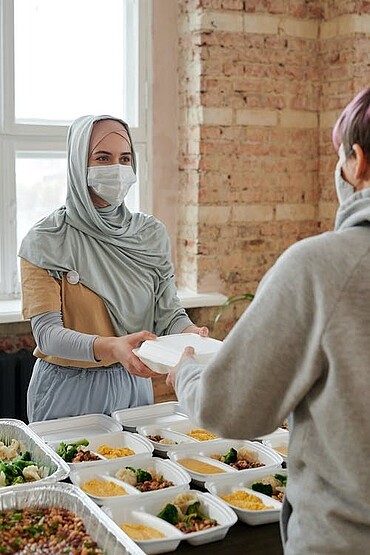Abstract
Zero Foodwaste Rotterdam is a non-profit organisation founded by student Ella Roelfsema. Its aim is to collect waste streams of vegetables and fruit to reduce food waste as well as educate people about food waste and healthy nutrition. Ella and her co-founder had rented a space outside Rotterdam where they would host events and educational activities when the COVID-19 pandemic ground their plans to a halt. Due to the high fixed costs and lack of funding, the foundation accumulated debt and was not able to financially sustain itself anymore. The proposed solution was to start a commercial company and use its profits to run the foundation. The for-profit business would be about processing fruit and vegetables into juices, freezing them and distribute them to gyms and the local university. As the duo was working towards the realisation of this plan, the second lockdown in the Netherlands started and most of the arrangements fell through. To make things worse, Ella’s partner decided to leave the project. Ella was at a major crossroad. She had to figure out: (1) How to save the foundation which was in debt? (2) If a commercial company turned out to be the solution, how could she start making a profit? and (3) What type of businesses could be her potential partners with the pandemic still raging?
Citation Note
Based on field research; 12 pages
Follow the 'handle' link to access the Case Study on RePub.
For EUR staff members: the Teaching Note is available on request, you can contact us at rsm.nl/cdc/contact/
For external users: follow the link to purchase the Case Study and the Teaching Note.
Objective
The Zero Foodwaste Rotterdam case study was created to improve the theoretical understanding of bootstrapping techniques as well as the practical applications of those techniques in a real-life birth of an organisation. Specifically, the case offers a unique opportunity to identify how the bootstrapping principles contribute to building a sustainable not-for-profit organisation or social enterprise
